22 vintage photos of board games that will make you nostalgic
Talia Lakritz

- Classic games like Twister, Scrabble, Life, and Sorry! have evolved over the years.
- There are over 20 different themed versions of Monopoly.
- Games like Dream Phone and Number Please are no longer in production.
Computer games and video game consoles may come and go, but board games remain beloved, nostalgic activities for people of all ages. From family-friendly game nights to fierce competitions with friends, games like Monopoly and Scrabble are classics for a reason.
Here's what board games looked like back in the day.
Scrabble was invented by an architect in 1933.
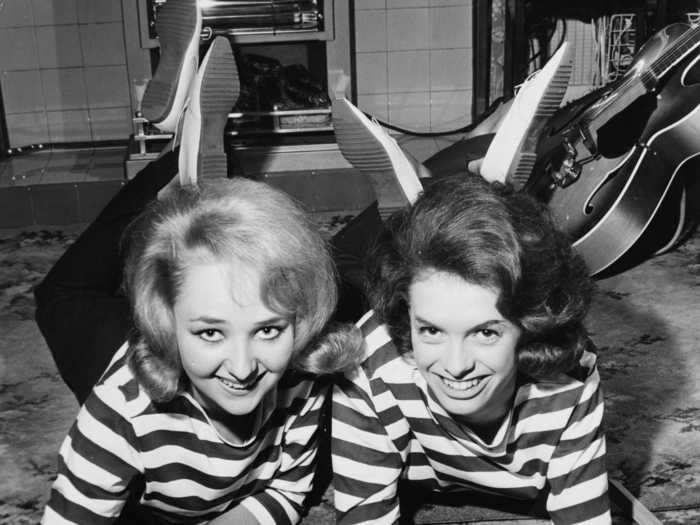
Scrabble was invented by architect Alfred Mosher Butts in 1933. It was called "Lexiko" and then "Criss Cross Words" before "Scrabble" was trademarked in 1948. According to Hasbro, three out of five American homes have the game.
The colors of the board and tiles have changed, but the game is mostly the same.
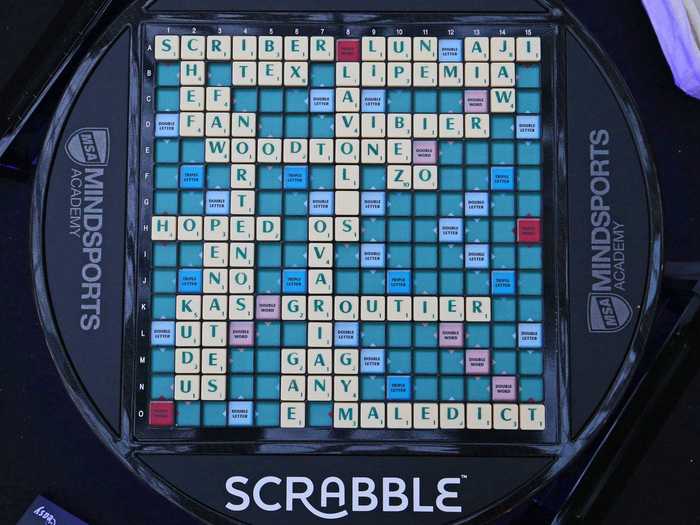
There are 10 obscure Scrabble rules you probably never knew about, but can use to your advantage.
While Twister isn't technically a board game, it does use players as pieces.
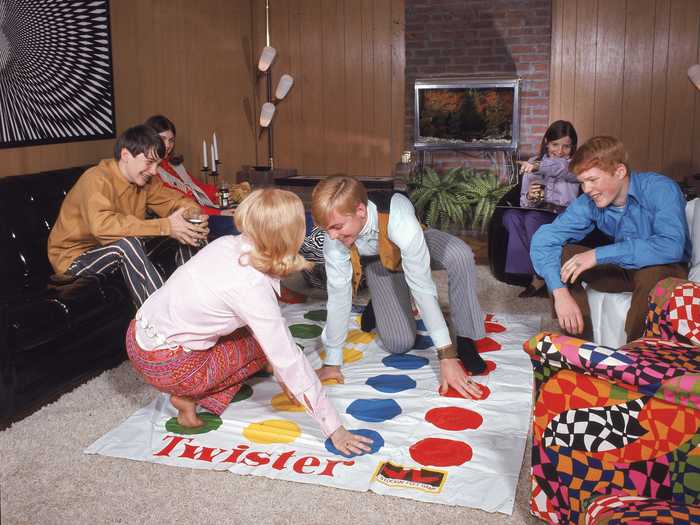
When Twister first launched, buyers considered it too risqué to have players climbing all over each other. Then Johnny Carson played Twister on "The Tonight Show" in 1966 and people lined up around the block to buy it the next morning, the game's inventors told The Guardian.
It's still a crowd favorite.

There's now a Twister Ultimate version of the game that comes with a bigger mat for more players.
A precursor to Monopoly, Lizzie G. Magie designed and patented the Landlord's Game in 1904.
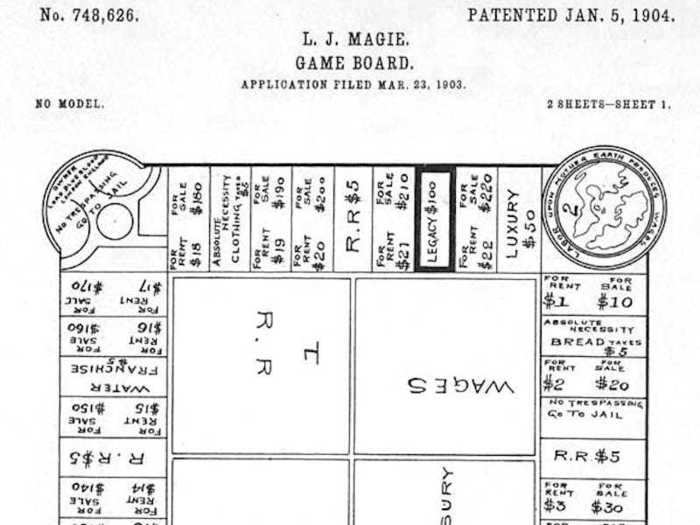
The game showed players how landlords can exploit their tenants, according to Encyclopedia Britannica.
Charles B. Darrow sold the concept of Monopoly to Parker Brothers in 1935, and it became a worldwide phenomenon.
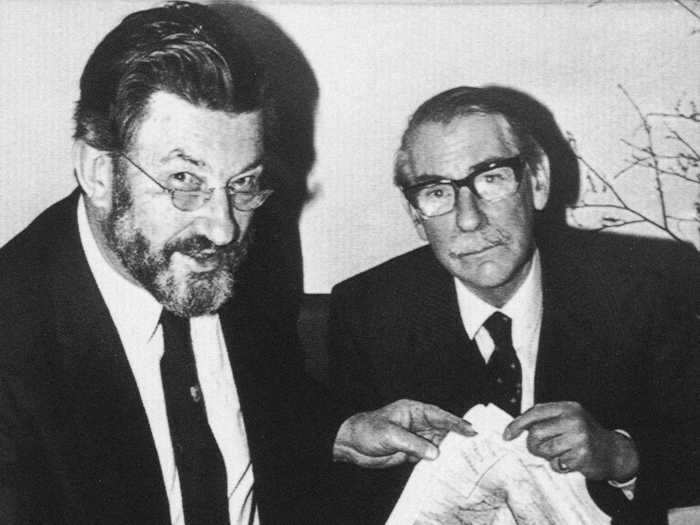
During World War II, British intelligence sent doctored Monopoly boards to their prisoners of war to help them escape. They hid real money, maps, and small saws in the game, according to AP.
The classic Monopoly game is still a hit, in addition to themed boards.
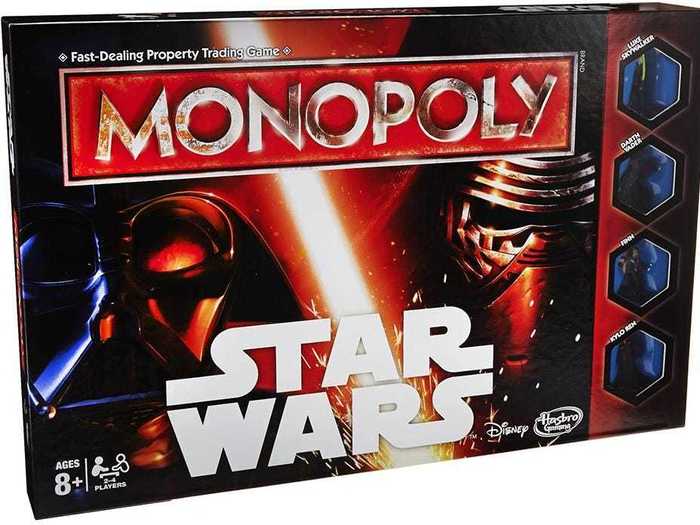
There's also a special cheater's edition of the game.
The Game of Life started as a checkerboard in 1860, invented by Milton Bradley.
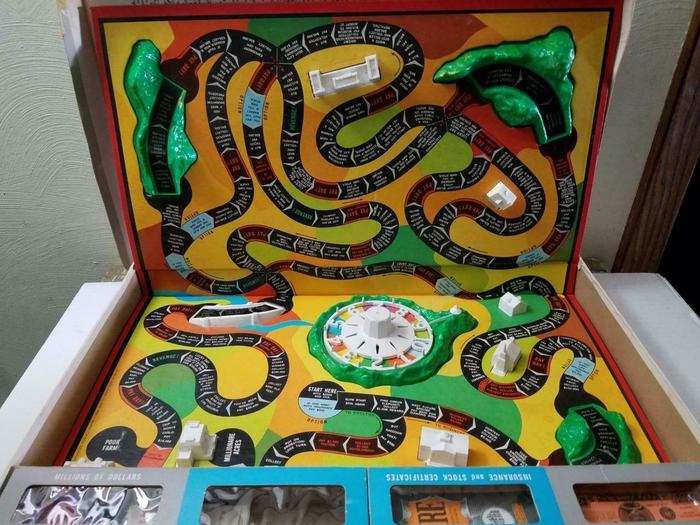
Bradley sold 45,000 copies of the game within a year of its launch, according to Vox. He patented it in 1866. The game had a spinner because dice were associated with gambling.
These days, the board is full of twists and turns.
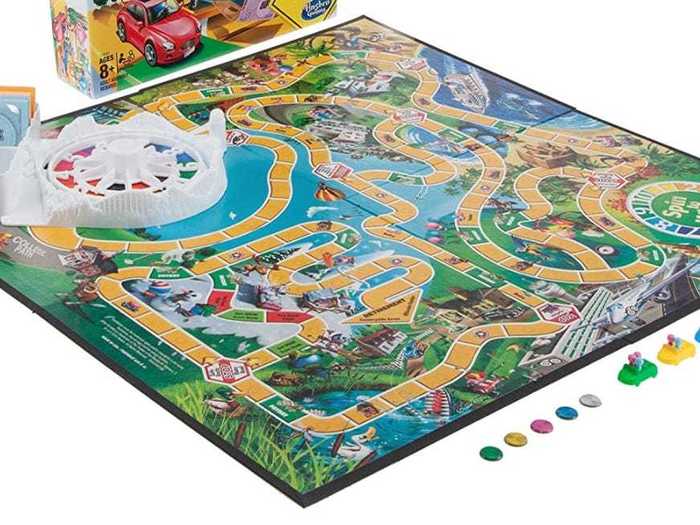
This "new" version was designed in 1960, almost 100 years after the original came out. It costs $19.99 on Amazon.
Candy Land was first marketed in 1949, and Hasbro released a retro version modeled after the 1967 version of the game.
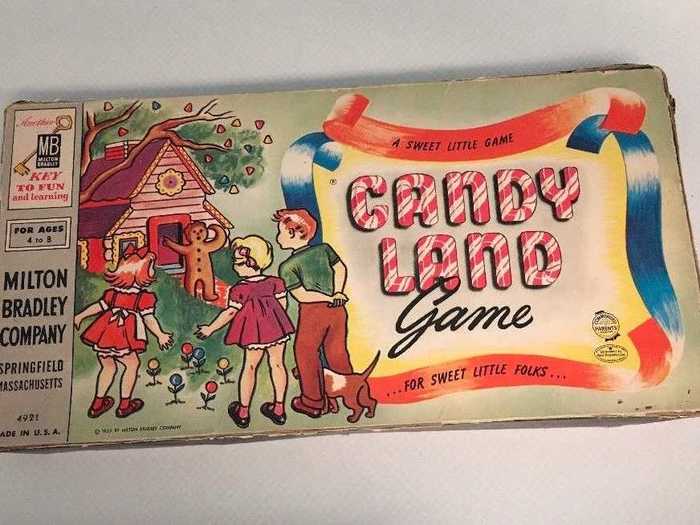
The game was invented by a teacher named Eleanor Abbott in 1948 as she was recovering from polio, according to the American Journal of Play.
It's the perfect game for little kids with short attention spans.
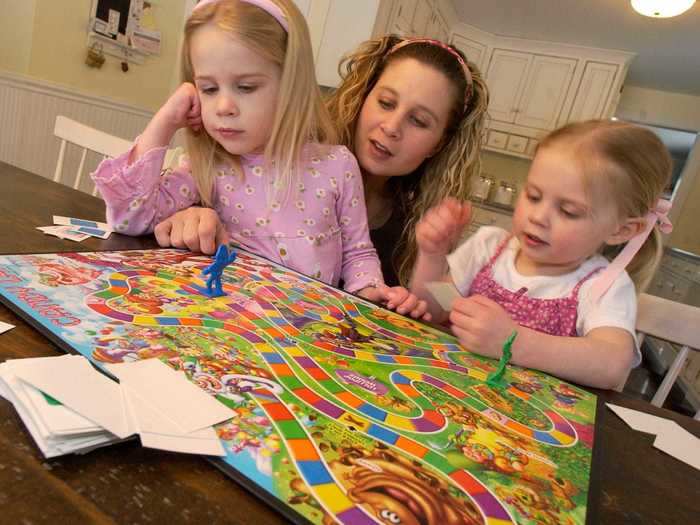
It only takes about 20 minutes to play through, according to AP.
The mystical Ouija board reportedly named itself in 1890.
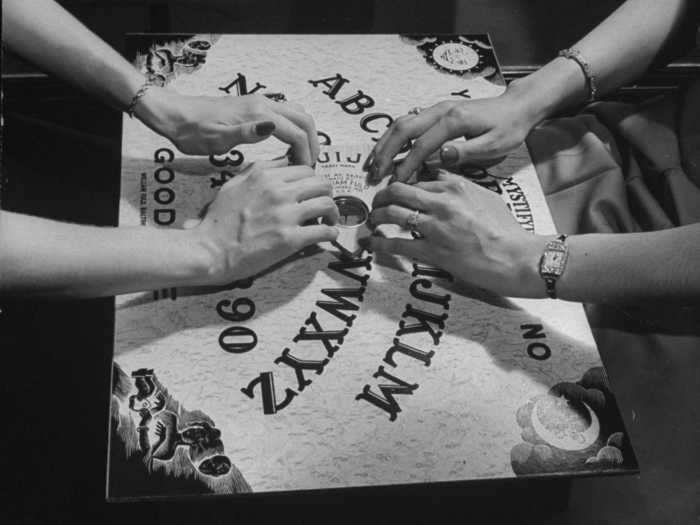
Spiritualism was big in America in the 19th century, according to Smithsonian. Kennard Novelty Company adapted the movement's popular "talking boards" into the Ouija board in 1890.
Legend has it that the game got its name when its manufacturers asked the board what they should call it. It replied "Ouija," and when they asked what it meant, it said "Good luck."
Ouija boards today are cardboard instead of wood.
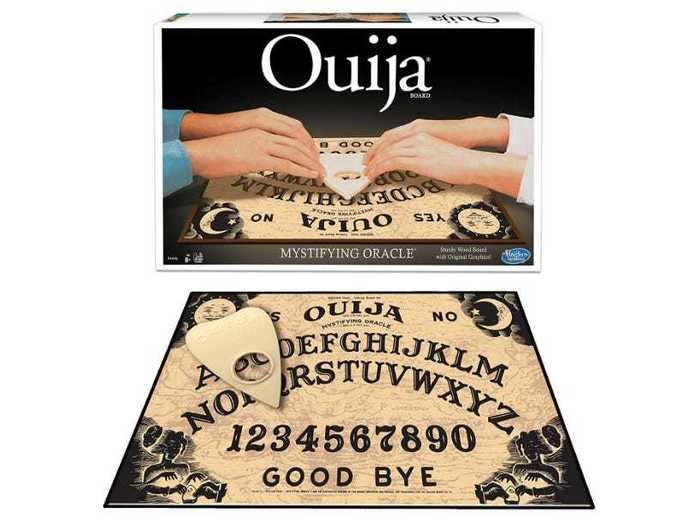
Marked with the letters of the alphabet, the numbers zero through nine, and the words yes and no, the board has remained largely unchanged.
Amazon sells them for $22.48.
A year after it debuted in 1998, Cranium was the fastest-selling board game in history.
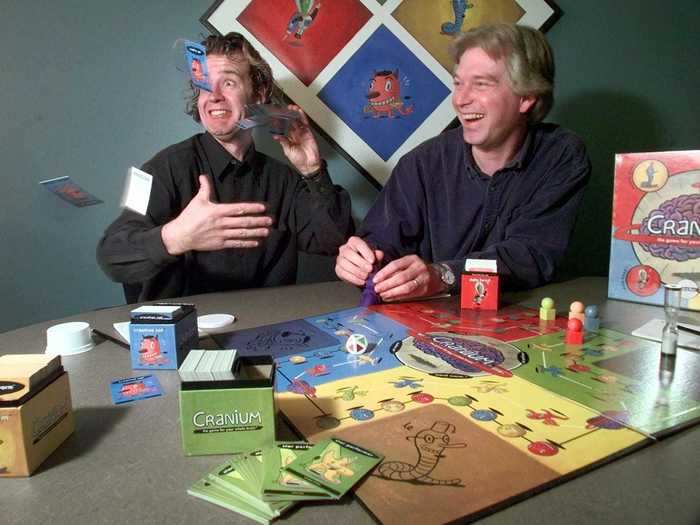
Richard Tait and Whit Alexander wanted to invent a board game where everyone is good at something. With drawing, spelling, trivia, and clay molding sections, they sold 100,000 games in the first seven months, according to AP.
The structure of Cranium remains the same, though the board design has changed.
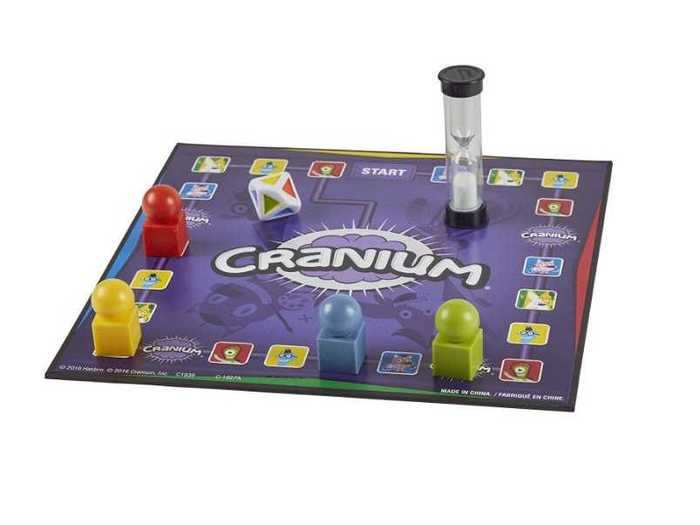
Richard had previously worked at Microsoft — he quit his job to create the game.
It's available for $12.96 on Amazon.
The original version of Sorry! had diamond squares.
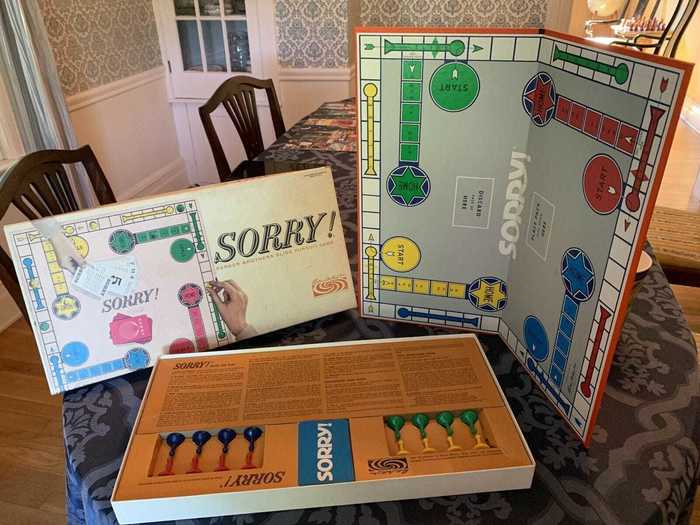
William Henry Storey patented Sorry! in 1929. The diamond squares in early versions of the game functioned as blocking spaces, dictating that pawns of that color had to take a detour through their color's Home space to keep advancing.
The diamond spaces were removed in later versions.
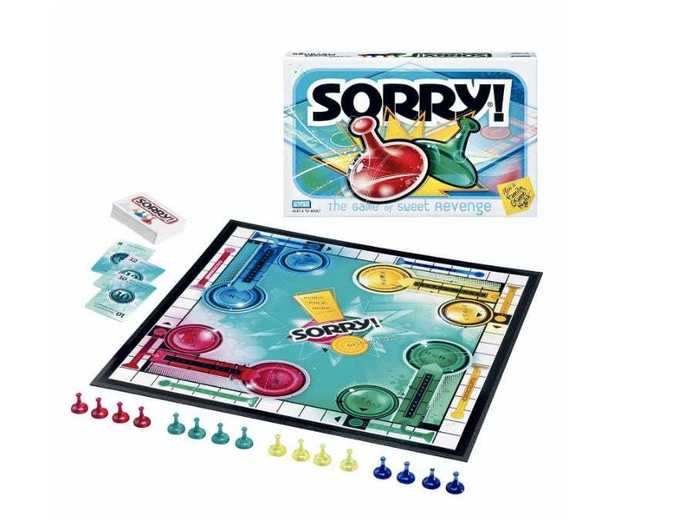
The earliest iteration of the game is said to have been from England, and called Woops!
Booby-Trap has been a classic since the 1960s.
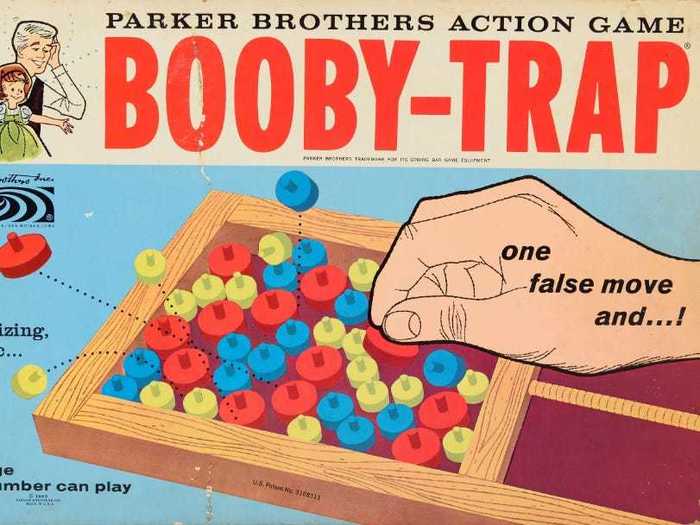
Bigger pieces are worth more points to remove from the board, but they also run a greater risk of causing the tension bar hidden underneath to snap, sending pieces in all directions.
Here's what the game looks like now.
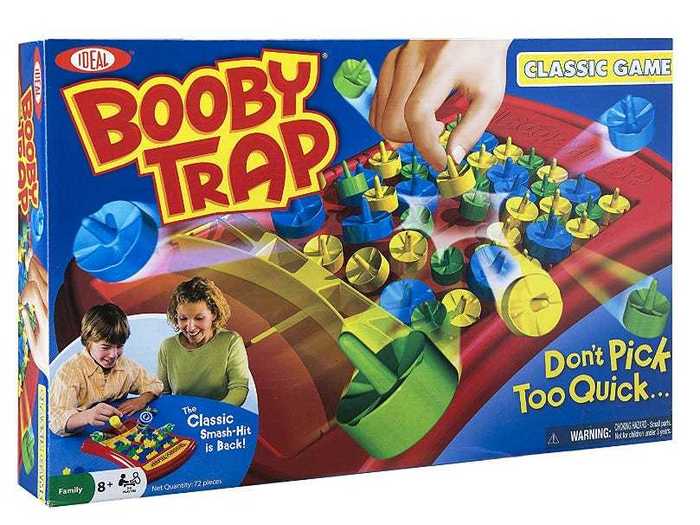
The game now features a plastic, rather than a wooden frame.
You can buy it for around $13 on Amazon today.
Two researchers designed a game called Working Choices to combat stereotypes about gender and the workforce.

The board game was developed by Becky Bailey and Ann Nihlen while doing research at the University of New Mexico, according to AP. They hoped to teach kids not to stereotype which genders can do which jobs. It's no longer available.
Number Please was loosely based on a 1961 game show.
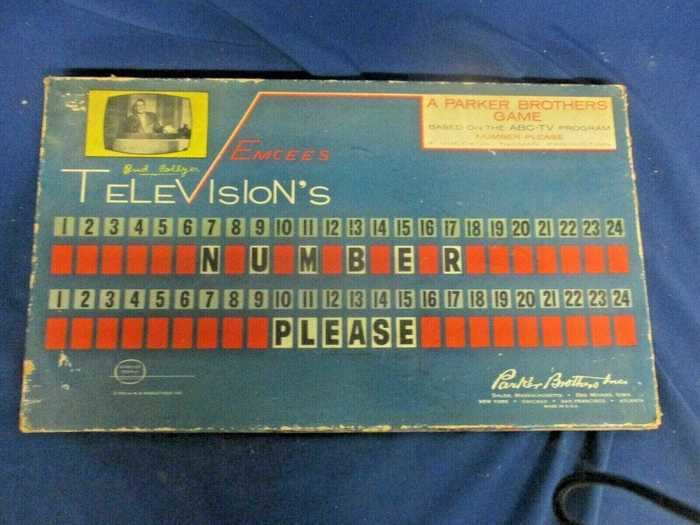
In the game, players team up and guess mystery words. Correct guesses earn $1,000 and incorrect guesses cost $1,000 until someone runs out of money, according to the forum BoardGameGeek. It's no longer in production today.
Dream Phone was a sleepover staple in the '90s.
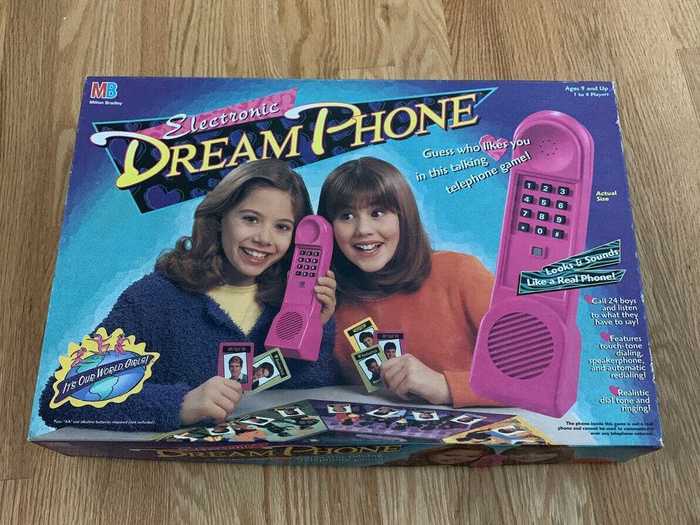
The object of the game was to figure out which of the 24 men presented to players had a crush on them. The game has been discontinued and vintage versions start at $115 on Amazon.
READ MORE ARTICLES ON
Popular Right Now
Popular Keywords
Advertisement